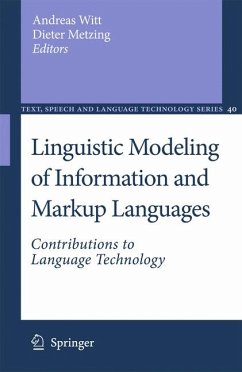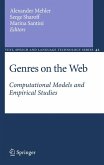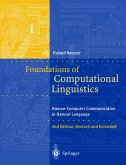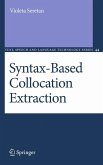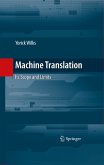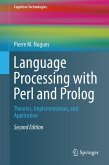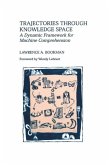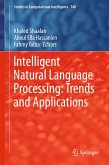The general markup language XML has played an outstanding role in the mul- ple ways of processing electronic documents, XML being used either in the design of interface structures or as a formal framework for the representation of structure or content-related properties of documents. This book in its 13 chapters discusses aspects of XML-based linguistic information modeling combining: methodological issues, especially with respect to text-related information modeling, applicati- oriented research and issues of formal foundations. The contributions in this book are based on current research in Text Technology, Computational Linguistics and in the international domain of evolving standards for language resources. Rec- rent themes in this book are markup languages, explored from different points of view, and topics of text-related information modeling. These topics have been core areas of the research Unit "Text-technological Information Modeling" (www. te- technology. de) funded from 2002 to 2009 by the German Research Foundation (DFG). Positions developed in this book could also bene t from the presentations and discussion at the conference "Modelling Linguistic Information Resources" at the Center for Interdisciplinary Research (Zentrum fur ¿ interdisziplinare ¿ Forschung, ZiF) at Bielefeld, a center for advanced studies known for its international and interdisciplinary meetings and research. The editors would like to thank the DFG and ZiF for their nancial support, the publisher, the series editors, the reviewers and those people that helped to prepare the manuscript, especially Carolin Kram, Nils Diewald, Jens Stegmann and Peter M. Fischer and last but not least, all of the authors.
Dieser Download kann aus rechtlichen Gründen nur mit Rechnungsadresse in A, B, BG, CY, CZ, D, DK, EW, E, FIN, F, GR, HR, H, IRL, I, LT, L, LR, M, NL, PL, P, R, S, SLO, SK ausgeliefert werden.

